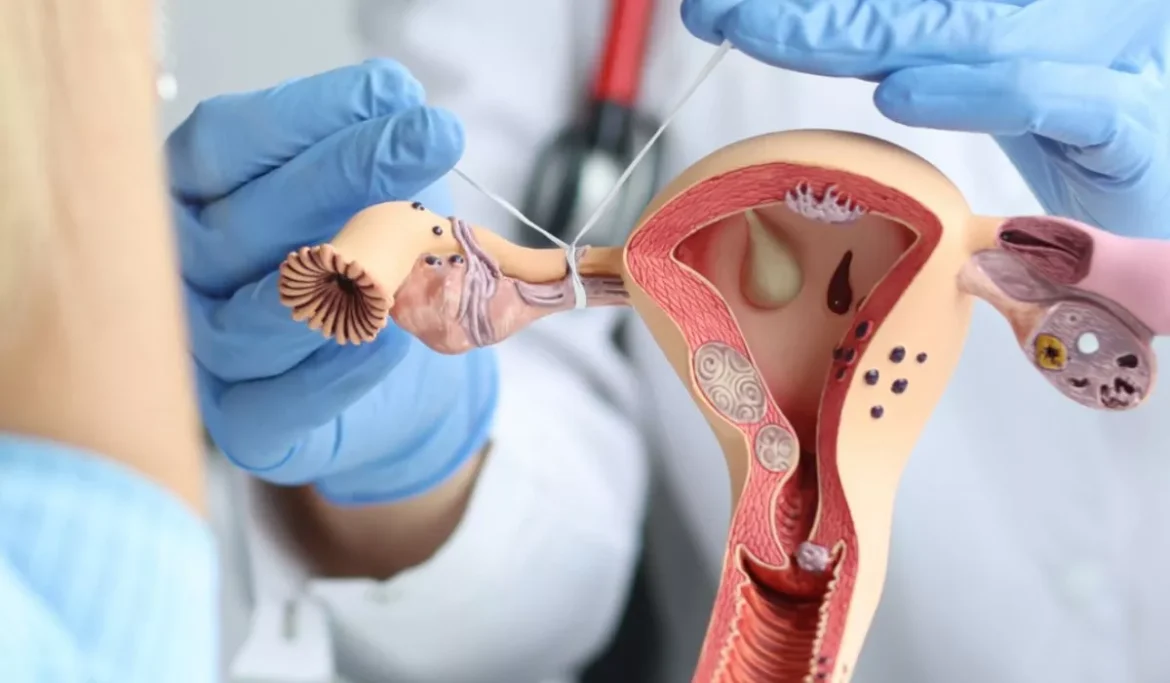Tubal reversal surgery offers hope for women who want to restore their fertility after having their tubes tied. While the procedure itself is one step, understanding what comes next is equally significant for your peace of mind. Recovery involves both physical healing and emotional adjustment. Knowing what to expect can help you navigate this journey with confidence.
How Long Is Physical Healing?
Recovery from tubal reversal surgery typically takes two to four weeks, though every woman’s experience is unique. During the first week, you may feel discomfort at the incision sites, mild bloating, and fatigue. These symptoms should improve daily. Most patients are advised to take one to two weeks off work, depending on job requirements. Light activities, such as walking, are encouraged to promote circulation but avoid heavy lifting and strenuous exercise for four to six weeks.
While external healing typically occurs within a few weeks, internal healing can take longer. It can take up to three months for your fallopian tubes to fully heal and for swelling to subside. Doctors often recommend waiting at least three months before trying to conceive to achieve complete recovery and proper function of the surgical sites.
What Follow-Up Care Is Needed?
Proper follow-up care is key to a successful recovery after your tubal reversal surgery. Regular check-ups allow your surgeon to monitor your healing, address any concerns, and guide you through the next steps in your journey.
Here’s what you can expect during the follow-up process:
- 1–2 Weeks After Surgery: Your first post-operative appointment will focus on examining your incision sites to check for signs of infection and assess your initial healing progress. This is also an ideal opportunity to ask your surgeon any questions about your recovery.
- 6–8 Weeks After Surgery: During this visit, your doctor will assess your longer-term healing progress. You’l likely be cleared to resume normal activities, such as exercise and intimacy. This appointment may also include a discussion about when it’s safe to begin trying to conceive.
- 3 Months After Surgery (Optional): Some specialists recommend a hysterosalpingogram (HSG) test around this time to check if your fallopian tubes are open and functioning correctly. The test involves injecting contrast dye to visualize your tubes on X-ray imaging, providing insight into the success of the procedure and identifying any potential blockages.
Following these key steps helps your recovery stay on track. Regular communication with your doctor will help address any concerns and prepare you for the exciting next chapter of your journey.
Are There Emotional Effects Post-Surgery?
The emotional journey after tubal reversal surgery is often as significant as the physical recovery. Many women experience a mix of emotions, including hope, anxiety, excitement, and impatience. These feelings are completely normal and reflect the profound decision to restore fertility. While hope and anticipation are natural as you look forward to expanding your family, they can also be accompanied by anxiety about the success of the surgery and concerns about your chances of conceiving. It’s common to analyze every physical sensation, wondering if it’s a sign of pregnancy, which can sometimes lead to emotional stress and disappointment if conception doesn’t happen right away.
The waiting period can be one of the most emotionally challenging aspects of the process. After investing in surgery and going through recovery, it’s natural to want quick results. Even with a successful tubal reversal, conception may take time, just as it would for any couple trying to conceive. Managing expectations and finding healthy ways to cope with uncertainty, such as joining support groups or consulting a fertility-focused counselor, can make the journey more manageable. Patience, self-care, and support are key to navigating this period while staying hopeful for the future.
Consult a Tubal Reversal Specialist
Recovery from tubal reversal surgery involves both physical healing and emotional adjustment as you work toward conception. Every woman’s experience is unique, so follow your surgeon’s instructions and listen to your body. Consult a fertility specialist for personalized guidance and to gain a deeper understanding of your journey to restoring fertility.
